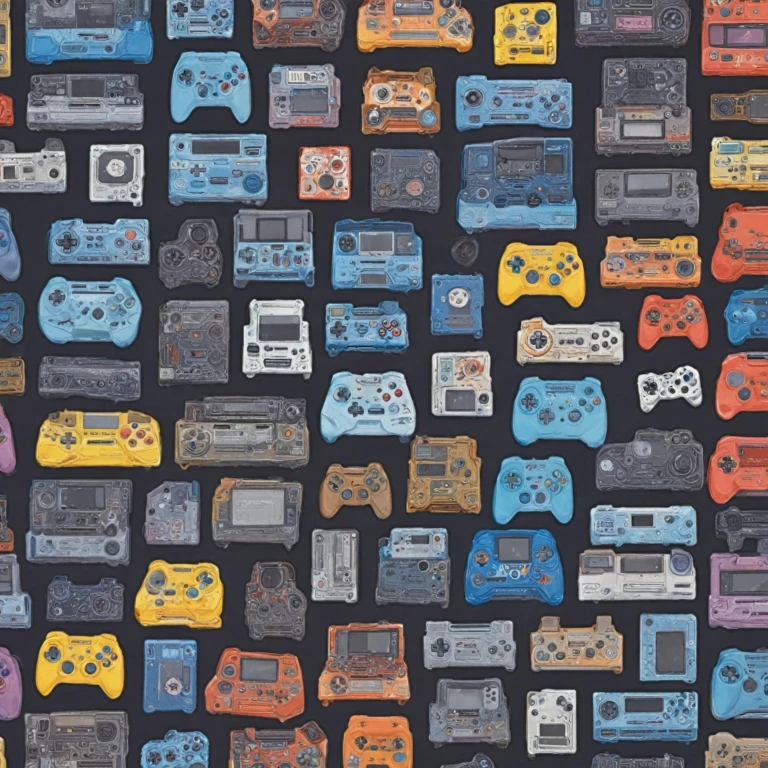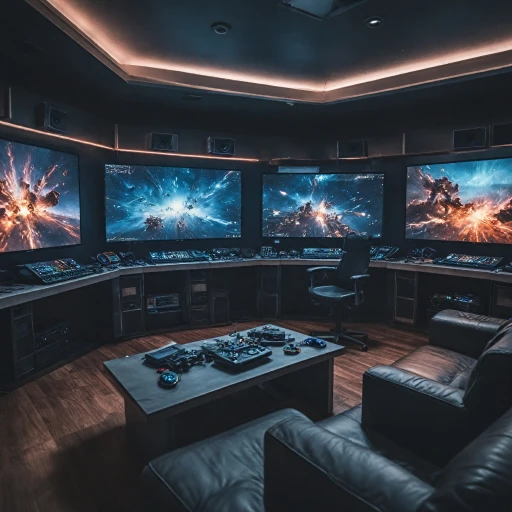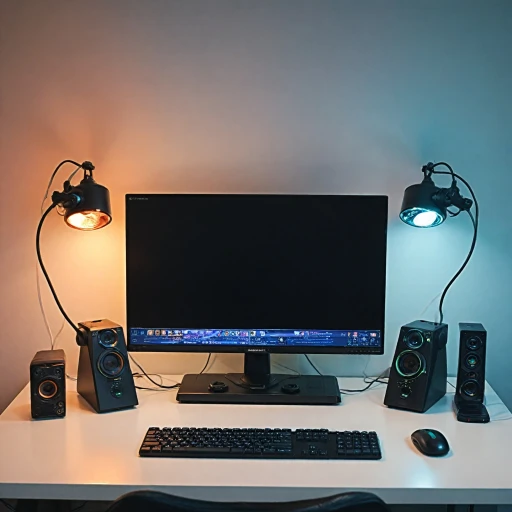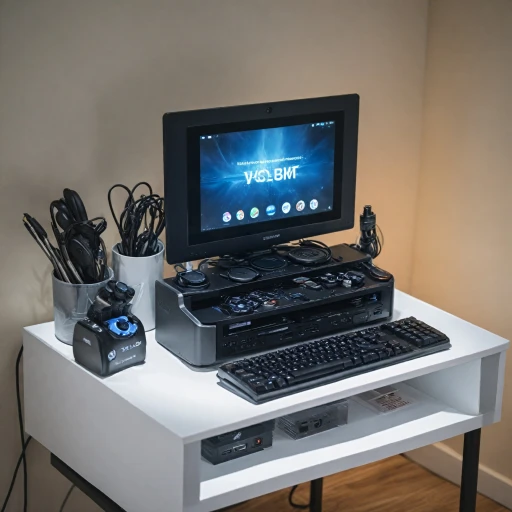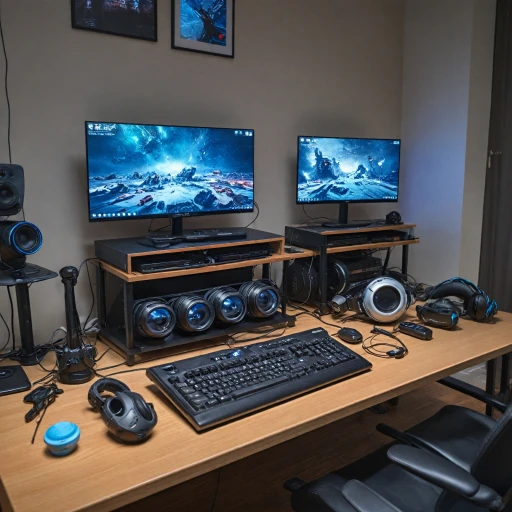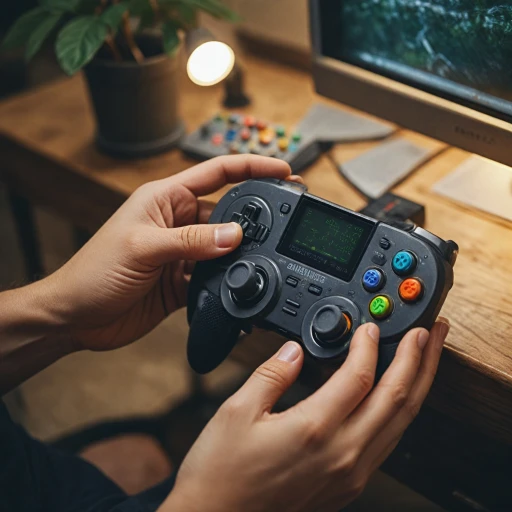
The Role of Game Cases in Gaming Consoles
The Essential Role of Game Cases in Gaming Consoles
Game cases have been a staple in the gaming industry for decades, serving as more than just a protective shell for your favorite video games. These cases are crucial for several reasons, particularly when it comes to physical copies of games for consoles like the Nintendo Switch and PlayStation. They provide a secure environment for game cartridges and discs, ensuring that your valuable items remain in pristine condition.
One of the primary functions of a game case is to offer protection. Whether it's a cartridge case for your Nintendo Switch or a disc storage box for your PlayStation, these cases shield your games from dust, scratches, and other potential damage. This is especially important for collectors who want to maintain the value of their games over time.
Beyond protection, game cases also serve as a convenient storage solution. With dedicated card slots and compartments, these cases help organize your game collection, making it easier to find and access your games when you want to play. This is particularly useful for gamers who own multiple titles and need an efficient way to manage their collection.
Moreover, game cases often come with additional features such as screen protectors and carrying options, enhancing their functionality. For instance, a Funlab Switch case might include a screen protector to safeguard your console's screen during transport, while a carrying case offers portability for gaming on the go.
While digital downloads are becoming more popular, physical game cases still hold significant value. They provide a tangible product that many gamers appreciate, offering a sense of ownership that digital versions can't replicate. Additionally, the design and materials of these cases, which we'll explore further, play a crucial role in their effectiveness and appeal.
Materials and Design: What Makes a Good Game Case?
Materials and Design: Crafting the Ideal Game Holder
When it comes to protecting your game cartridges, the choice of materials and design is crucial for an effective game case. These protective cases are not just simple holders; they safeguard your favorite video games from damage and give them a home for easy organization.
One of the pivotal elements is the material used in crafting these cases. Durable plastics are commonly preferred due to their ability to shield a Nintendo Switch game card or PlayStation disc from physical harm. The robustness of plastic ensures that the case remains intact even with frequent handling. Meanwhile, materials like carbon fiber or aluminum are used in premium cases, often reflecting in the price tag.
Design-wise, manufacturers excel at creating ergonomically efficient cases. The idea is to balance protection with ease of access. Cases often feature organized card slots or custom-fit cartridge storage solutions that keep game cards secure while being readily accessible. For example, the FunLab Switch carrying case provides a perfect synergy of style and practicality.
For gamers who often find themselves on the go, the versatility of a case for video games can be expanded with additional features. Integrated disc storage or a screen protector can further enhance the protection of your gaming investments. Some also include space for cables, a handheld console, or accessories, making it a comprehensive storage solution.
The truth is, whether it's a card case, a zip-up box, or custom cases with colorful gaming logos, the variety is nearly endless. Such customization not only adds a personal touch but also signifies the importance devoted by gamers to maintain their collections in pristine condition. This personalized approach in design further contributes to the aesthetic value of your gaming setup.
As game cases evolve, paying attention to materials and design helps in selecting a product that fits your needs while ensuring the protection and longevity of your gaming items.
Game Cases vs. Digital Downloads: Pros and Cons
Physical vs. Digital: Weighing the Options
In the evolving landscape of gaming, the debate between physical game cases and digital downloads is more relevant than ever. Each option offers its own set of advantages and drawbacks, influencing how gamers choose to store and access their favorite video games.
Advantages of Game Cases
Physical game cases provide a tangible connection to your video game collection. For many, there's a certain satisfaction in owning a case that houses the game cartridge or disc. These cases often come with artwork and manuals, adding to the overall experience. Additionally, game cases can serve as a form of storage, keeping your games organized and protected from damage.
- Durability: A well-designed case can protect your game card or disc from scratches and other damage.
- Resale Value: Physical games can be resold or traded, often fetching a higher price if the case and contents are in good condition.
- Collectibility: For collectors, owning a complete box set with the original case is essential.
Benefits of Digital Downloads
On the flip side, digital downloads offer convenience and instant access. With a few clicks, you can purchase and start playing a game without leaving your home. This option eliminates the need for physical storage and reduces clutter.
- Instant Access: No need to wait for shipping or visit a store; download and play immediately.
- Space Saving: Digital games don't require physical storage solutions like card slots or carrying cases.
- Environmental Impact: Reduces the need for physical materials, aligning with eco-friendly practices.
While digital downloads are convenient, they lack the tactile experience and potential resale value of physical game cases. For those who appreciate the artistry and collectibility of game cases, the physical option remains appealing. On the other hand, gamers who prioritize convenience and minimalism may prefer digital downloads.
For a deeper dive into how gaming controls have evolved alongside these trends, check out our article on mastering the controls of Ultima Online.
Customization and Personalization of Game Cases
Personal Touch: Customizing Your Game Cases
For many gaming enthusiasts, game cases are not just about protection and practicality. They are also an opportunity to express individuality. Customization of game cases has become a rising trend, allowing players to add a personal touch to their Nintendo Switch, PlayStation, or other console collections.
One of the most popular forms of customization is through stickers and decals. These small additions can transform a plain game case into a unique item that reflects a gamer's favorite themes or characters. Additionally, companies offer customized case boxes with tailored designs, colors, and patterns to suit different tastes.
Another method of personalization involves designing custom card slots and cartridge cases. Gamers can select configurations that best accommodate their game cartridges or even opt for enhanced card storage options to suit their specific collections. Whether it's increasing the number of disc storage spaces or adding dedicated areas for screen protectors and cleaning cloths, these customizations enrich the functionality of a standard game case.
Further personalization is seen in case screen protectors and customized carrying cases. Personalized protective gear ensures that not only do your games stay safe, but they also do so in style. Companies like Funlab offer versatile options for the Switch game case that incorporate both safety and creativity.
Custom game cases are more than just products; they are an extension of the personality of the gamer. As the gaming community continues to embrace personalization, these custom options are likely to become increasingly sophisticated, offering more ways for video game enthusiasts to showcase their unique passion for video games.

